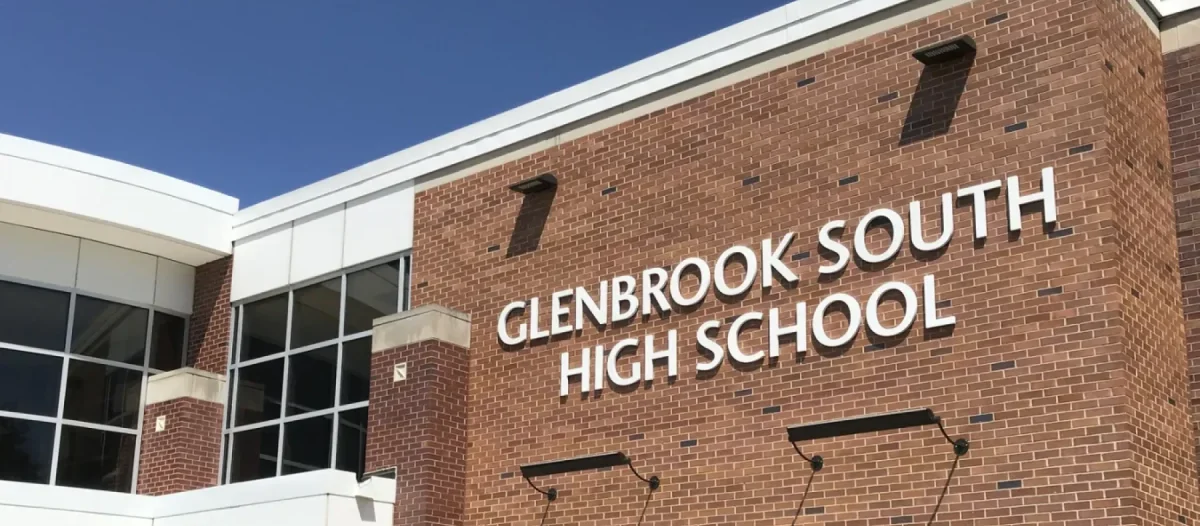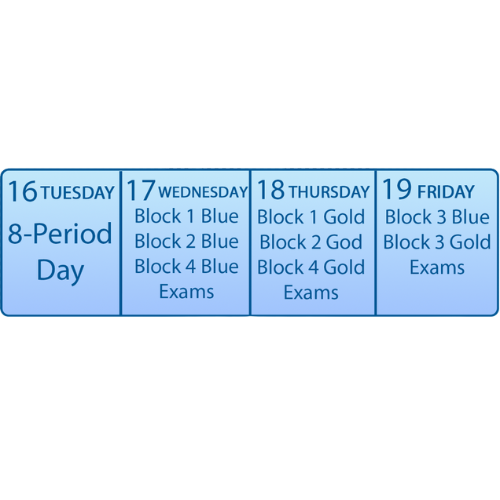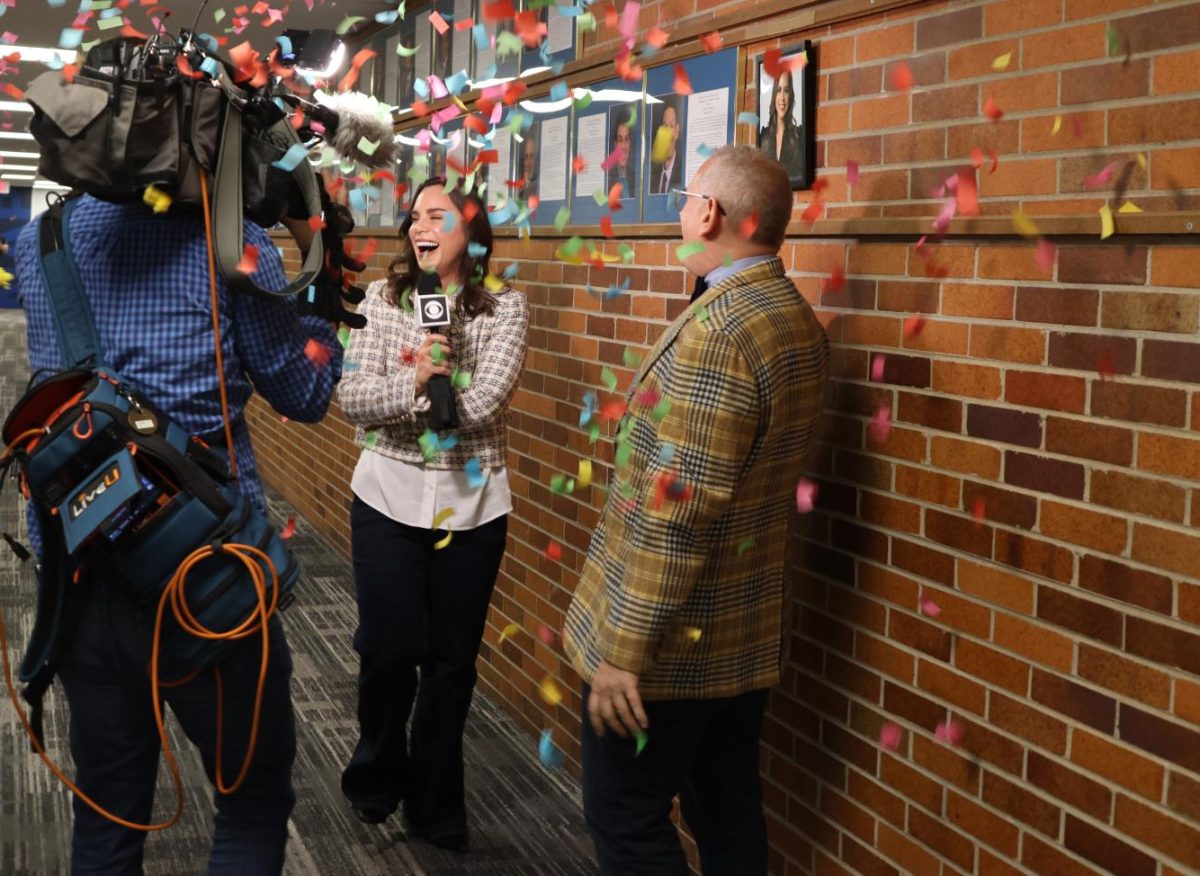Jorge Mario Bergoglio, who will go by the papal name Francis, was elected Pope by a gathering of Catholic cardinals in Vatican City March 13.
Despite his Italian heritage, Argentinian Pope Francis is the first non-European to fill this position in over a millennium. Another distinguishing fact is that he is the first pope from the Americas and the first Jesuit pope. He is taking over for Pope Benedict XVI, the first pope to step down since the fifteenth century.
Joanna Lialios, Western Religions teacher, believes his traits demonstrated as a member of the papacy and as a selfless member of the Catholic faith also distinguish him from his predecessors and other members of the papacy.
“One thing that really stands out about Pope Francis is his devotion to the poor and his dedication to living out his role as a servant of others,“ Lialios said. “A major criticism of popes of the past, and some would say their downfall, is getting wrapped up in the prestige of the position […] Pope Francis has shown that although he is the Pope, he is not going to be distracted by the more prestigious and material elements of the position.“
Father Thomas Hickey, priest at OLPH Church in Glenview, agrees that there are aspects of Pope Francis’ rule that may be eye-opening for Christians and non-Christians alike.
“I think it will change a lot of perspectives because most of the world’s [Christians are from] the Southern Hemisphere,” Hickey said. “This man coming from Buenos Aires comes out of a very different experience than Western Europe. […] He comes less out of a bureaucracy than he does a pastor.”
Senior Shawn Kurian, a Catholic, agrees with Hickey that Pope Francis will change perspectives, but Kurian also observes a stereotype that exists within Roman Catholicism.
“[Because] he is non-European […] he can certainly attract members from South America in particular, but [he can also attract] more people in general because he has broken the stigma of ‘white Catholic believers,’” Kurian said.
Hickey believes the manner in which some controversial issues are viewed has the potential to change.
“Part of it will not be in so much the laws, [but] in the tone in which we talk about people who are divorced or who are gay or poor,” Hickey said. “I think some of the teaching he will probably do will have us come to a greater understanding of poverty in the world. […] That’s been a lot of his life.”
Other issues being debated in addition to gay rights, divorce and poverty are celibacy, abortion and priests’ inability to marry, according to Lialios. However, Lialios believes that he may not be willing to make changes or decisions as quickly as many Catholics would like.
“Many people believe that the Catholic Church needs to change its views to fit modern times, but the pope has shown a level of conservatism in the past that leads me to believe he will not budge on certain issues,“ Lialios said.
Considering Pope Francis’ modern beliefs, Lialios sees him changing the way popes contact leaders of other faiths around the world.
“In the Christian world, there’s already been progress in improving relations with the Eastern Orthodox Church by the meeting of Pope Francis with the Patriarch of Constantinople, thus softening centuries-old tensions between the two Churches,“ Lialios said. “It is an incredibly big step in […] which could have lasting significance.“
Despite the new pope’s accomplishments in his current position and in those prior, some have feared that he is too elderly and will serve a relatively short time until his death, assuming that he continues the general trend of popes occupying the position for life. His age may be a positive quality because he has more experience in the papacy and “hopefully more wisdom,” Lialios said.
In addition, Hickey believes that the papacy was not ready for a term as long as John Paul II or other previously long-standing popes. Hickey believes that it is reasonable to expect Francis to have a great deal of influence and even give the Church a “new face,“ even if he does only fill his position for a relatively short time.
“It’s interesting to me that since he spent mass on Holy Thursday at a youth detention center in Rome, I’ve heard of two bishops in the United States who went to prisons and did similar things; it’s kind of follow the leader,” Hickey said.







